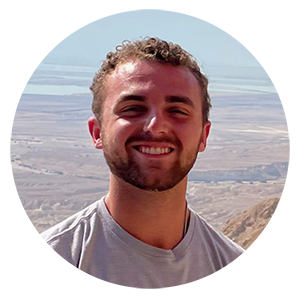BIOE Research
Clemson University has been at the forefront of biomaterials, with the inception of the Ph.D. program in 1963 and the Society for Biomaterials beginning in 1974 at Clemson University. Our facilities across South Carolina utilize state-of-the-art equipment and allow students and faculty to work side-by-side with surgeons to create novel devices and improve those already in use.
Technology Transfer
Technology Transfer connects industry and research, allowing the work performed at Clemson to reach beyond academia. The Clemson University Research Foundation (CURF), on behalf of Clemson University, transfers technology through licensing of University intellectual property. CURF is a nonprofit corporation that facilitates the transfer to the private sector for commercial development and societal benefit. Companies regularly license Clemson's biomedical technologies, which are categorized according to the Department of Bioengineering research areas.
About CURF Biomedical TechnologyThe Department of Bioengineering's research emphases are biomaterials, biomechanics, bioinstrumentation and cellular biology, particularly for orthopedic and cardiovascular applications.
Expertise Areas
- Regenerative Medicine and Tissue Engineering
- Biomechanics and Biomedical Design
- Biomaterials and Nanobiotechnology
- Drug delivery
- Genetic Engineering
- Orthopaedic Engineering and Pathology
- Vascular Engineering
- Wound healing
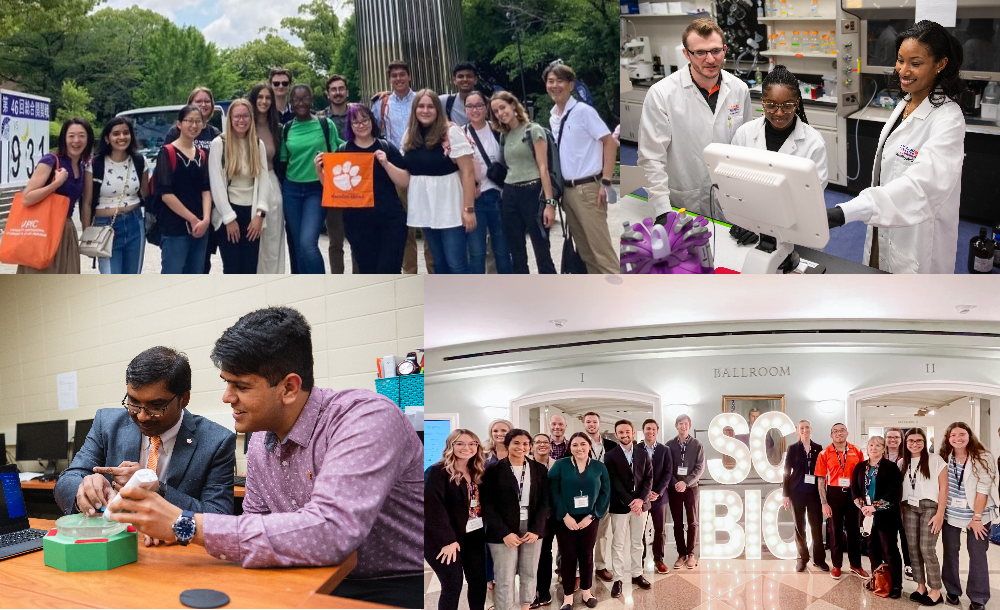 Our students have opportunities for research that span the globe. In Tanzania, infants are the patients and nurses, doctors, and parents describe problems to student researchers. During the summer, undergraduates may choose to work in a bioengineering research lab in Tokyo or Singapore.
Our students have opportunities for research that span the globe. In Tanzania, infants are the patients and nurses, doctors, and parents describe problems to student researchers. During the summer, undergraduates may choose to work in a bioengineering research lab in Tokyo or Singapore.
For research opportunities, our undergraduate students can participate in Creative Inquiry projects to gain real-world research experience and to work with people from different disciplines. Graduate students are able to be involved in cutting-edge research, professional development, and faculty mentorship. Research in BIOE may encompass experimental, analytical and computational work.
Student Research
- Cardiovascular Disease
- Regenerative Medicine
- Orthopedic Design
- Computational Models
- Medical Devices Design
In a creative inquiry project, working with professor John DesJardins, students were partnered up with a nurse in the neonatal ICU at Prisma Health in Greenville to create a device that would automatically shift babies within the crib they're in while in the NICU to prevent pressure sores.
“This experience has definitely been a lot of highs and lows, a lot of what it means to design a medical device. We've run into failure, run into budget constraints, run into the business side of the world. But it's another example of how the bioengineering department has supported our creativity, our passions, and our drive to make an impact on the world — while also giving us real-world experience with clinicians who are going to actually implement the things we're designing as undergraduate students.”
Noah Ashley '22Bioengineering
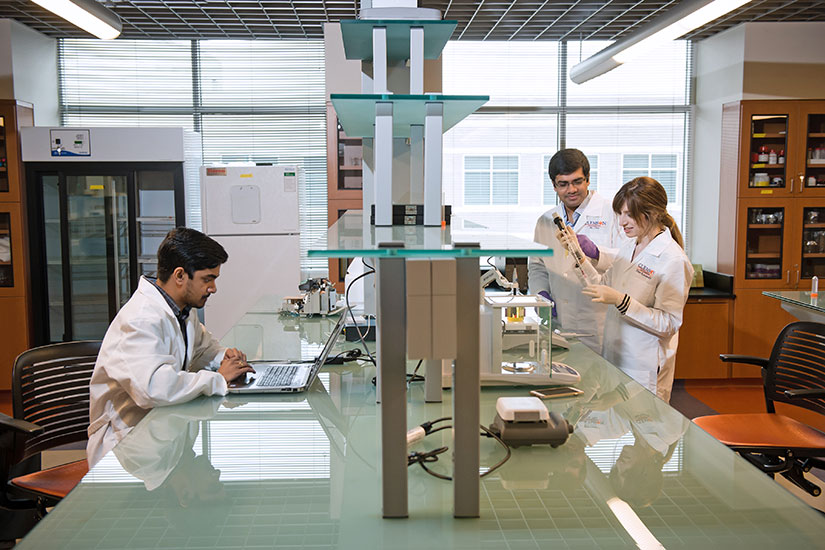
CUBEInC
The Clemson University Biomedical Engineering Innovation Center opened in 2011 in Greenville. Combining basic research labs, a medical skills lab and technology incubator space, CUBEInC provides a unique platform for Clemson faculty and students to develop high-impact medical technology and devices and to transfer research and engineering to clinical applications.
CUBEInCCU-MUSC - Charleston
The CU-MUSC Program on the campus of the Medical University of South Carolina in Charleston provides students the advantage of being mentored by Clemson Faculty while working with physicians to develop economic opportunities in the engineering and technologies associated with healthcare delivery.
CU-MUSC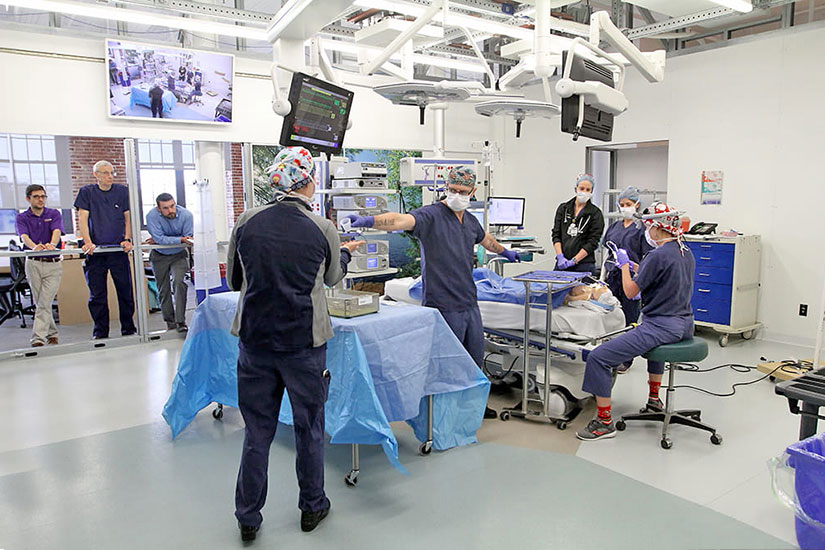
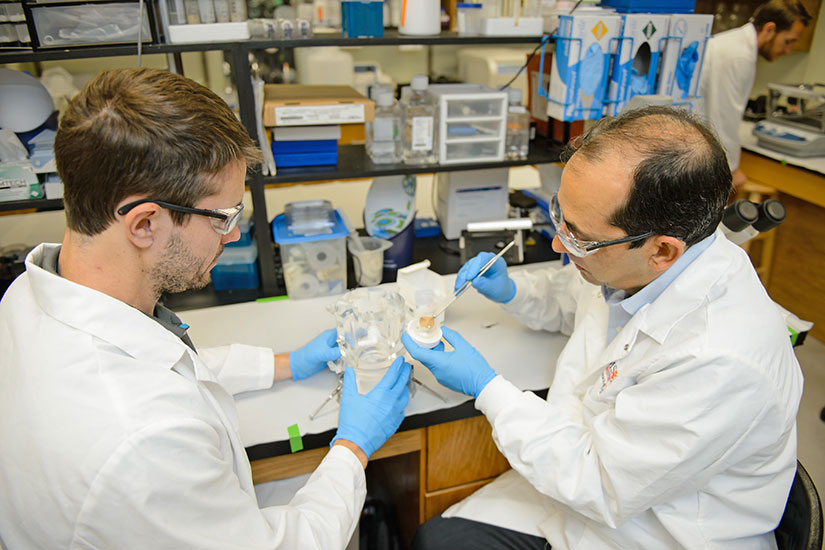
SC BioCRAFT
Clemson University's unique strengths in biomaterials and tissue engineering are complemented by expertise in medicine and developmental biology at the Medical University of South Carolina and the University of South Carolina to establish a Bioengineering Center for Regeneration and Formation of Tissues (SC BioCRAFT) at Clemson.
SC BioCRAFTSC TRIMH
Clemson University, Prisma Health, and MUSC joined together for an innovative translational research initiative: South Carolina Translational Research Improving Musculoskeletal Health. Located in Rhodes Engineering Research Center, this research applies scientific breakthroughs in actual medical practice to improve patient care and health outcomes.
SC TRIMH Center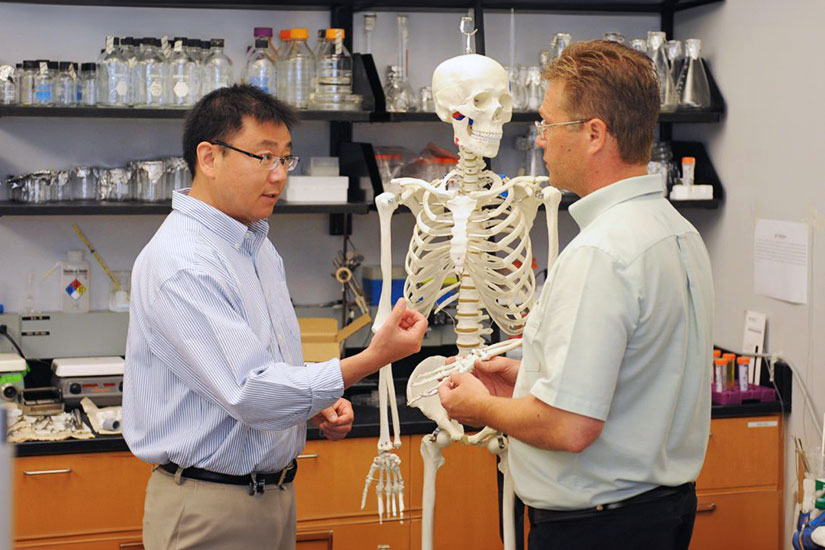
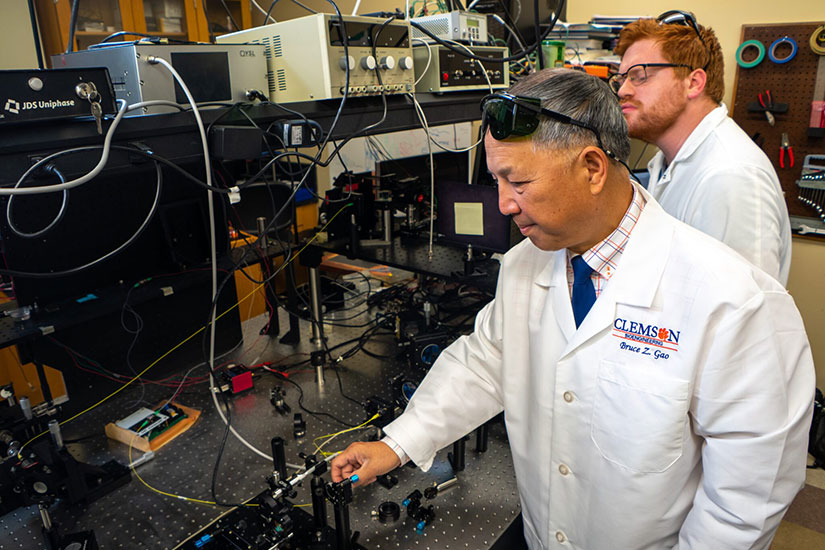
ADAPT In SC
Clemson University will lead a statewide team of researchers from 11 institutions who will work closely with industry to advance AI-enabled medical devices and to train an AI-ready workforce through the NSF-backed Artificial Intelligence-Enabled Devices for the Advancement of Personalized and Transformative Health Care in South Carolina or ADAPT-SC.
ADAPT In SC
